
When absence of DHA was present male mice were basically infertile and they produced misshaped sperm. When the sperm was observed, it was either problematic in motility, sperm count or shape: the sperm was round instead of elongated, and was unable to move well, concluding that mice lacking DHA were not able to breed. Although some studies have suggested that male fertility patients with low sperm counts and less motile sperm tend to have low levels of this omega 3 fatty acids, this research is revolutionary because this is the first time a study showed direct correlation between DHA and male fertility.
It is essential for both men and women to consume DHA from dietary alpha-linolenic acids, the parent compound of the omega-3 fatty acid family. They are found in vegetable oils, including soybean and canola oil. Additionally dietary sources of alpha-linolenic acids represent rapeseed (canola), soybeans, walnuts, flaxseed (Linseed oil), perilla, chia, and hemp. Alfa Linolenic acid is also obtained from the thylakoid membranes of the green leaves of broadleaf plants, which are the membranes responsible for photosynthesis). It is also known that greens, therefore, and animals that eat greens, are often a good source of alfa-linolenic acid.
This research is a step forward in investigating male infertility. Dr. Nakamura and his team are well aware that they have to be cautious about the implications research like this can make and the findings should not be taken for granted. The scientific team admits there are facts about the study they still do not understand, and that a larger research will be needed in order to confirm such findings.



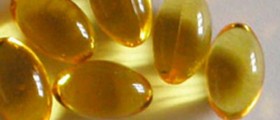
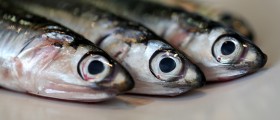

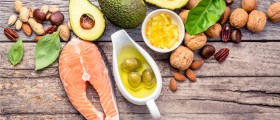
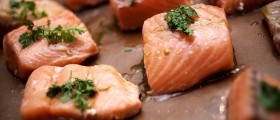
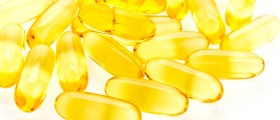







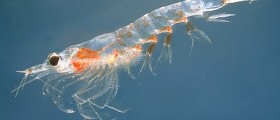
Your thoughts on this
Loading...